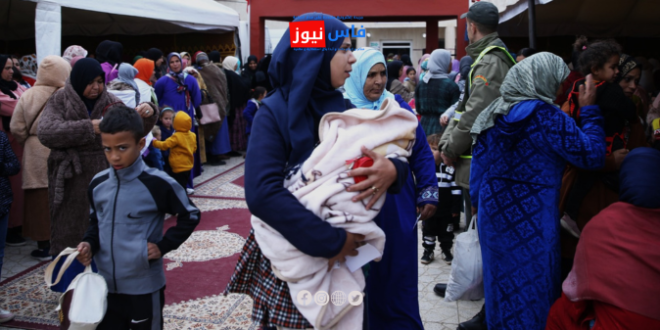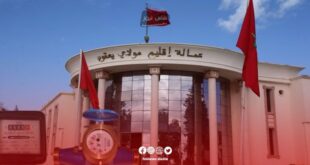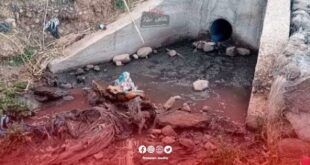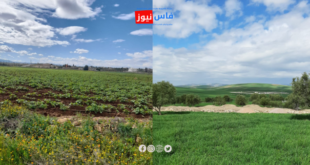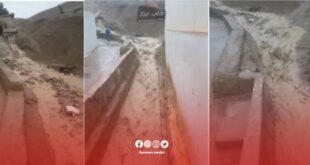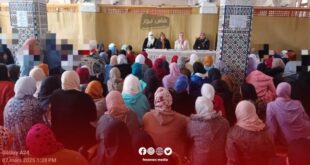The Provincial Committee for Human Development in Moulay Yacoub Province organized a multi-specialty medical campaign on Sunday, December 29, 2024, at the Sebt Al-Oudaya Territorial Community Center. The campaign, themed “The First Thousand Days: Foundation for Our Children’s Future,” was part of ongoing efforts to support maternal and child health.
Approximately 2,200 individuals from the Sebt Al-Oudaya and Meks communities benefited from this medical campaign, including women, children, and people with chronic diseases. The campaign provided diverse and specialized medical services, including general medicine, obstetrics and gynecology, pediatrics, and other specialties such as respiratory, digestive, renal, and urological care.
The campaign also included screenings for chronic and infectious diseases, with 460 diabetes tests, 220 rapid HIV tests, and 200 hepatitis virus screenings conducted.
In addition to medical services, the campaign organized three awareness and sensitization sessions for 290 women of childbearing age. These sessions focused on the importance of the first thousand days of a child’s life, early detection of breast and cervical cancers, proper nutrition, and prevention of chronic diseases.
To ensure the campaign’s success, modern medical equipment and logistical resources were deployed, along with a comprehensive medical team including specialist doctors, nurses, and administrative and technical staff from the Provincial Delegation of the Ministry of Health and Social Protection and the provincial administration.
This initiative is part of the National Initiative for Human Development programs, which prioritize human capital. These programs aim to support access to infrastructure and social services, promote social and economic integration of youth, care for maternal and child health, educate girls in rural areas, and support vulnerable groups.
The campaign reflects the royal directives of His Majesty King Mohammed VI, emphasizing the importance of investing in the intangible aspects of human development. This humanitarian initiative was well-received by the target groups, confirming its importance and role in improving the health and social conditions of the region’s population.
 فاس نيوز ميديا جريدة الكترونية جهوية تعنى بشؤون و أخبار جهة فاس مكناس – متجددة على مدار الساعة
فاس نيوز ميديا جريدة الكترونية جهوية تعنى بشؤون و أخبار جهة فاس مكناس – متجددة على مدار الساعة

